TotalEnergies has officially lifted the Force Majeure on Mozambique’s massive $20 billion liquefied natural gas (LNG) project, but despite the announcement, operations at the Golfinho Atum project on the Afungi peninsula in the Palma district are yet to resume. The delay stems from ongoing negotiations between the French energy giant and the Government of Mozambique, which has not yet approved the company’s revised project terms.
Government spokesperson Inocêncio Impissa confirmed that authorities are still conducting a detailed assessment before making any official decision. Speaking after the 36th ordinary session of the Council of Ministers, Impissa noted that the government must review the revised development plan and evaluate how the project will proceed after its three-year suspension.
TotalEnergies has submitted new conditions that include an additional $4.5 billion in project costs and a revised timeline extending completion by another 10 years. The updated proposal, sent to the Ministry of Mineral Resources and Energy on 2 October 2024, remains under government review.
In a letter dated 24 October and addressed to President Daniel Chapo, TotalEnergies requested formal approval of the revised cost and schedule, explaining that the increase accounts for expenses incurred during the Force Majeure period between 2021 and 2024. The company stated that it is awaiting the government’s audit report for this period and expects feedback “as soon as possible.”
According to the new schedule, the first LNG shipment, initially set for July 2024, has now been postponed to the first half of 2029, while full project completion—covering both liquefaction trains—has been pushed back from March 2025 to the end of 2029.
Although the lifting of Force Majeure was seen as a major step toward restarting Mozambique’s flagship LNG development, the process cannot move forward without the government’s formal endorsement of TotalEnergies’ updated financial and operational plan.
The situation marks a significant shift in the challenges facing the project. While security concerns were once the main obstacle following the 2021 terrorist attack on Palma, the region has since stabilized thanks to Rwandan troops deployed under bilateral security agreements. The primary hurdle now lies in the lack of consensus between TotalEnergies and the Mozambican government over project costs and timelines.
Tensions reportedly escalated after the leak of TotalEnergies’ letter to the President, which contained details of the confidential negotiations. The government expressed frustration over the breach, with spokesperson Impissa emphasizing that “the most appropriate format is to discuss matters through officially established channels.”
The Mozambique LNG project, one of Africa’s largest energy investments, remains central to the country’s economic ambitions. However, its future now depends on how swiftly both parties can reach a mutual agreement that balances Mozambique’s national interests with TotalEnergies’ financial demands.


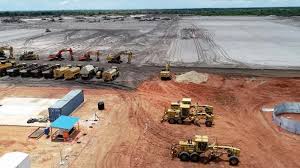


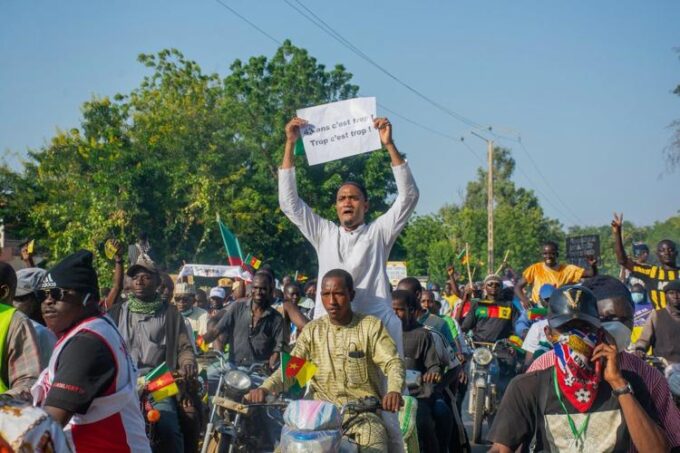
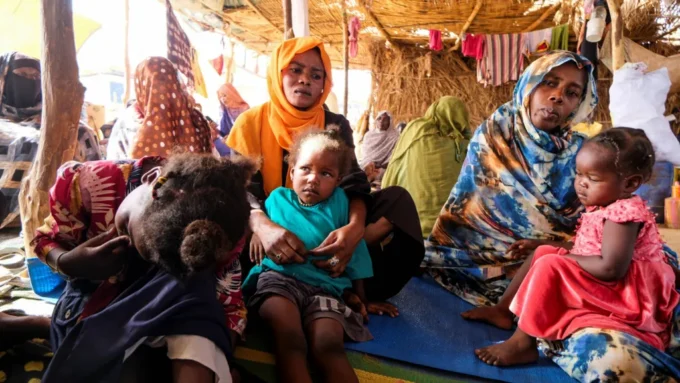

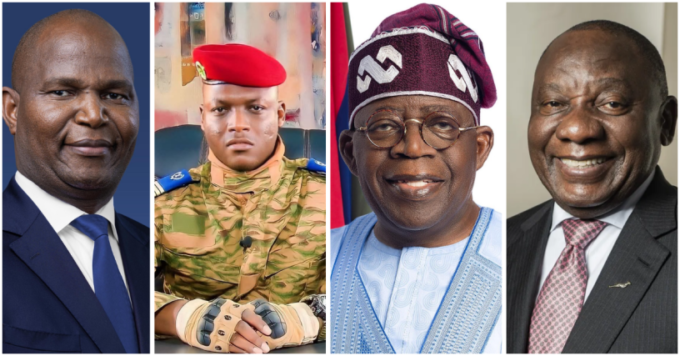
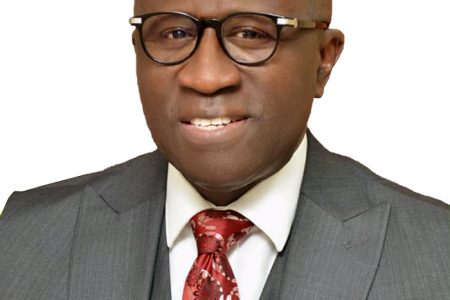




Leave a comment